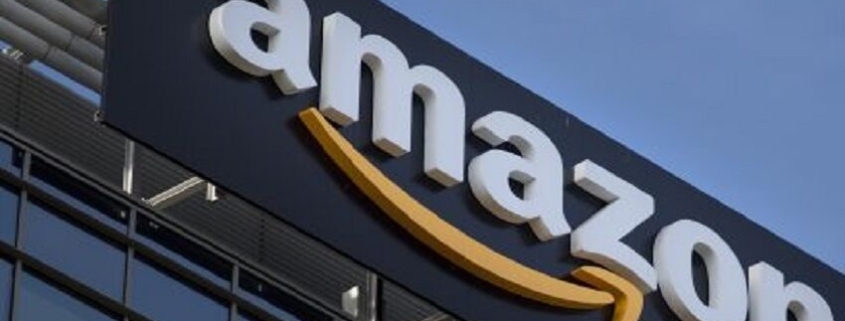MOBs’ Transaction Volume Slows In Q2 2022 But It’s Hardly a Hindrance
A slight slip in medical office transactions in Q2 2022 compared to Q2 2021 levels is not indicative of the continued interest and investment in medical office real estate.
In 2022, according to Q2 Medical Office Market Update from Brown Gibbons Lang & Company (BGL), medical office buildings and ambulatory surgical centers will continue to emerge as the “most attractive assets” within the industry.
“Demand for outpatient clinics continues to increase due to advancements in medical technologies, patient preferences, and financial incentives,” according to BGL’s report. “In search of a stable investment option, we predict more institutional and retail investors will direct capital toward the medical office market for the remainder of 2022.”
Christopher Cumella, co-founder, Cypress West Partners, tells GlobeSt.com that capital markets have paused with the uncertainty in the market, particularly in terms of debt.
“As long as that remains uncertain transactions will be slower,” Cumella said. “Especially when coming off records years it will feel even slower. The Fed’s monetary policy is creating a bid-ask spread between buyers and sellers, which might need some time to close that gap.”
A ‘Red-Hot’ Past Decade
Michael Dettling, Principal, Healthcare Real Estate Services, Avison Young, tells GlobeSt.com that the medical office market has been red-hot for both institutional and private investors for the past decade. Investors are drawn to the steady performance of medical offices with low vacancy, strong tenant credit, long lease terms and low tenant turnover resulting in high property valuations.
“Medical office sales slowed a bit in Q2 2022 with the rise in interest rates and following a torrid end of 2021 which likely pulled some sales forward resulting in a weakened first half of 2022,” said Dettling.
Dettling said another factor for the strong sales late in 2021 was the pent-up demand for deployment of capital following the weak COVID-period sales.
“With medical office values remaining high and cap rates compressed, sales will moderate for the next 12 months as investors monitor the economy and rate movement,” Dettling said.
Medical Office ‘Proven’ Resilient
Mitch Creem, Principal at GreenRock, tells GlobeSt.com that investors have always seen medical office buildings as a haven during uncertain financial times, primarily due to their historically proven resiliency during market downturns.
“There are many medical office buildings today still owned by physician groups or syndications looking for capital partners to help finance property upgrades and modernization,” Creem said. “In many cases, physicians are eager to monetize their real estate equity holdings to provide dividends to those groups or provide funds for succession planning and retirements. Similarly, many U.S. hospitals own medical office buildings on or near their campuses, but those assets are in need of major improvements to attract and retain physicians and patients. Partnering with real estate investment trusts and funds to obtain capital for those updates is crucial today given declining hospital profits and cash flows.”
Creem said, additionally, these MOBs will remain desirable investments in light of the continuing growing aged population and a shift of medical care toward lower-cost outpatient settings.
Average Price Per Square Foot Increased
BGL reported that medical office properties accounted for 22.8% of Q2 2022 office transactions—down 3.1% from the same quarter last year.
Year-over-year transaction volume dropped to $2.94 billion from $3.28 billion, a 10.4% decrease. There was a 20% increase in the average price per square foot ($356) from a year ago.
Real Estate Investment Trust (REITs), private equity, and institutional investors continue to raise and deploy sizable capital into the commercial healthcare real estate industry space.
Residents Seek Services ‘Closer to Home’
CommercialEdge’s manager Doug Ressler tells GlobeSt.com, that according to Yardi’s most recent data, more than 16 million square feet of properties that include some types of medical offices are currently under construction.
“Furthermore, as the U.S. population is aging, demand for MOBs is poised to grow in the coming years, especially in suburban centers, where residents will seek services closer to home,” Ressler said. “We are getting more calls from investors in other segments of real estate looking to pivot into medical office due to trends we are seeing in the general office. We are wondering if more competitive bid environments could keep pricing steady,” Thomas Allen, founder and CEO of Practice Real Estate Group, tells GlobeSt.com,
Source: GlobeSt.




